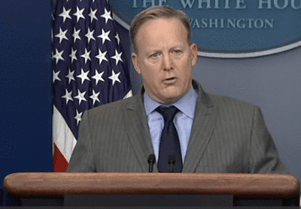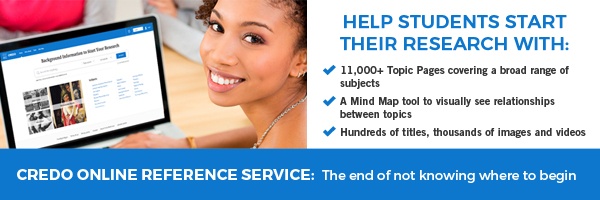 Over the weekend, one of Donald Trump’s senior advisors rejected the premise that the president and his press secretary were spreading falsehoods about attendance at Friday’s inauguration. Kellyann Conway said that they were sharing “alternative facts,” a term that drew befuddled laughter from her interviewer.
Over the weekend, one of Donald Trump’s senior advisors rejected the premise that the president and his press secretary were spreading falsehoods about attendance at Friday’s inauguration. Kellyann Conway said that they were sharing “alternative facts,” a term that drew befuddled laughter from her interviewer.
While it is true that the word, “fact,” has several definitions, none of them include the leeway that would allow an objective eye witness account of an event—corroborated by data from the local public transportation—to be undermined by one small group’s unsubstantiated opinion.
Facts are important to the political process because they provide the foundation upon which we can debate policy ideas. For example, it is a fact that currently 8.6% of all Americans do not have health insurance. From that number, liberals and conservatives can begin to argue about the best solutions moving forward. However, in a world of alternative facts, where 8.6% for one side could alternatively be 0.7% for the other, it’s impossible to have a meaningful policy discussion.
Librarians have always played a crucial role people’s research of the world around them, and this will be even more true in the era of fake news and alternative facts. More than tour guides of reference databases, Librarians will be called upon to strengthen the information literacy skills of the generation coming of age in this confusing information landscape.
Users must be empowered with the confidence to know that when they see contradictory facts in the news, they have the capability to seek out the truth of the matter. By providing schools and libraries with the resources they need to offer information literacy instruction, users transform from passive receptors of talking points to intellectually curious knowledge seekers. These problem-solving abilities then extend beyond academic work and media consumption to bolster skills that will allow them to thrive in their personal and professional lives.
As a culture we should celebrate alternative opinions and viewpoints, but not alternative facts. If you see a fact you disagree with, by all means challenge it, but you have to show your work. Work that will be much easier and more effective with a solid foundation of research and information literacy skills.

